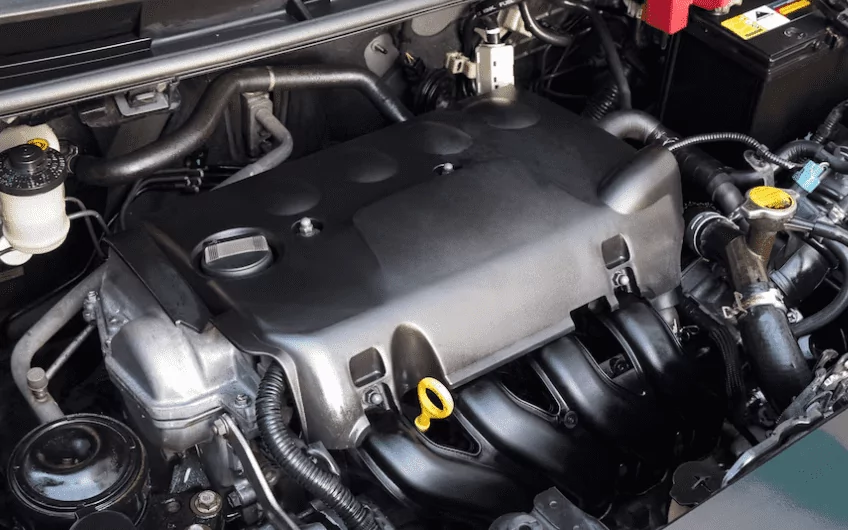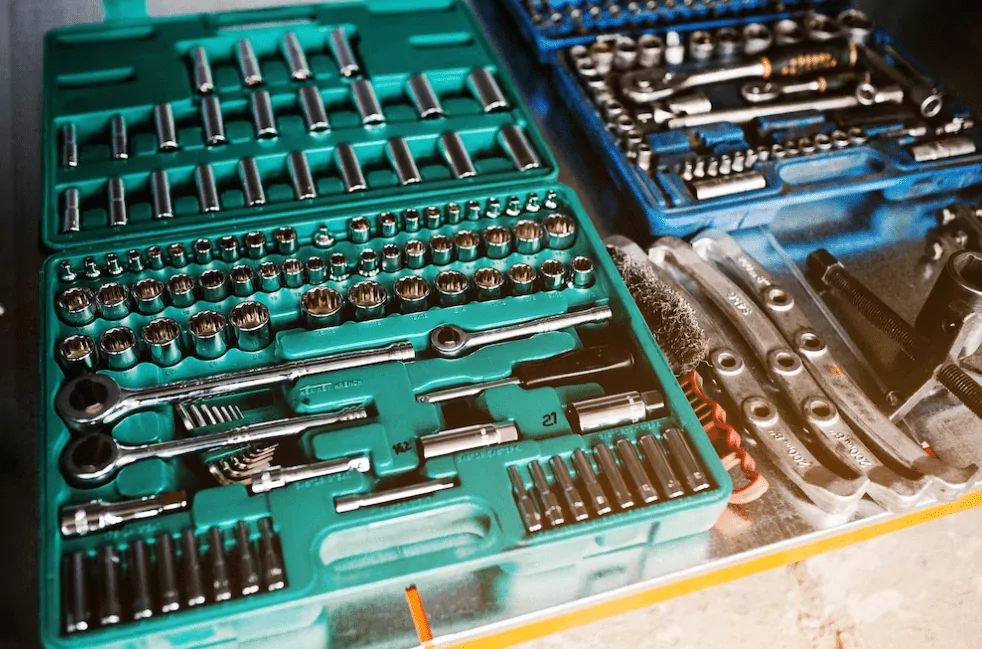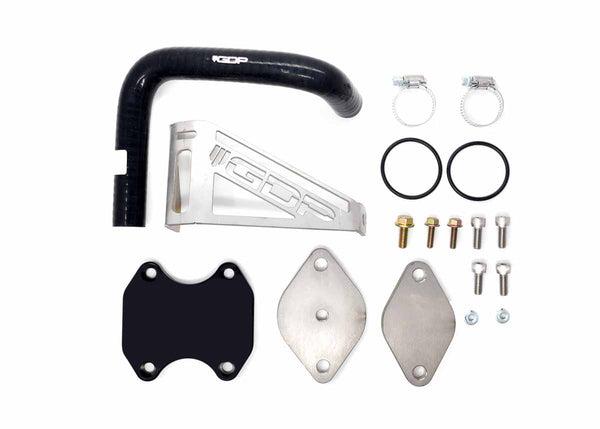Have you ever wondered what really goes on under the hood of your car? There’s a lot more to it than just pumping fuel into an engine and pressing down on the accelerator. We at DPFdelete understand that navigating the technical jargon can be a daunting task, and we aim to simplify it all. This week, we’re diving into a topic that has recently caught the interest of performance enthusiasts: EGR Delete.

EGR, which stands for Exhaust Gas Recirculation, is a system designed for controlling the level of nitrogen oxides (NOx) produced by your vehicle. It does this by recirculating a portion of the exhaust gases back through the intake valve into the combustion chamber. This cools the combustion process and reduces the amount of NOx produced. It’s a complex but neat solution to a problem every car has, isn’t it?
However, as efficient as this system is, it’s not without its drawbacks. The EGR valve, with its constant exposure to soot and other exhaust byproducts, can get clogged, causing a whole range of issues. Moreover, the recirculation of exhaust gases also means the intake air is not as cool as it could be, which can reduce engine efficiency. And this is where EGR Delete comes into play.
EGR Delete

EGR Delete is essentially a kit designed to bypass the EGR system. It’s an intriguing concept. By disabling the EGR system, you ensure the intake air is cooler, thus fostering more efficient combustion. But, of course, you might wonder, won’t this increase the NOx emissions? Well, yes, it will, which is why an EGR Delete is usually paired with a DPF, or Diesel Particulate Filter, to control the increased emissions.
So, what benefits do you get from an EGR Delete? First off, the cooler air increases combustion efficiency, which translates to more power for your car. The engine is also saved from the constant bombardment by soot and other exhaust products, which extends its life.
However, if you’re considering an EGR Delete, there are some factors you should consider. Not all cars have the same EGR system, and not all will benefit from its deletion. An EGR Delete kit should only be installed if the potential benefits outweigh any potential risks. Furthermore, you also need to be aware of the legal implications in your area. Some regions prohibit tampering with emissions control systems, so do your homework before taking the plunge.
In Conclusion

So, if you’re all about enhancing your car’s power and efficiency, an EGR Delete might just be what you’re looking for. But remember, each car is unique, as are its needs and its potential for improvement. At DPFdelete, we believe in making informed decisions. Therefore, as with any modification, we recommend getting professional advice and weighing all the pros and cons before making any changes.
In our quest to understand and control the unseen forces at work in our vehicles, the EGR Delete emerges as a fascinating topic. But as we’ve seen, there are many variables to consider. While there’s no one-size-fits-all answer, one thing’s for sure: the world of car performance is far more intricate than most can imagine.
Stay tuned for more updates and insights from your trusted source for all things auto, right here at DPFdelete. Safe driving, folks!

